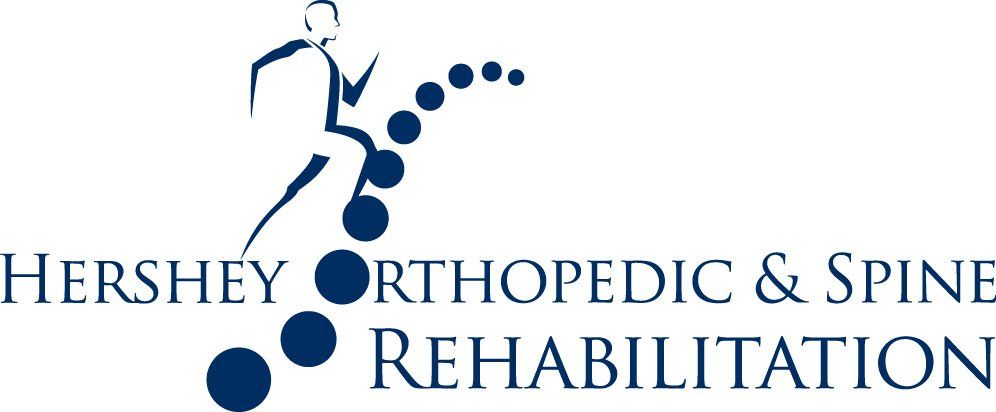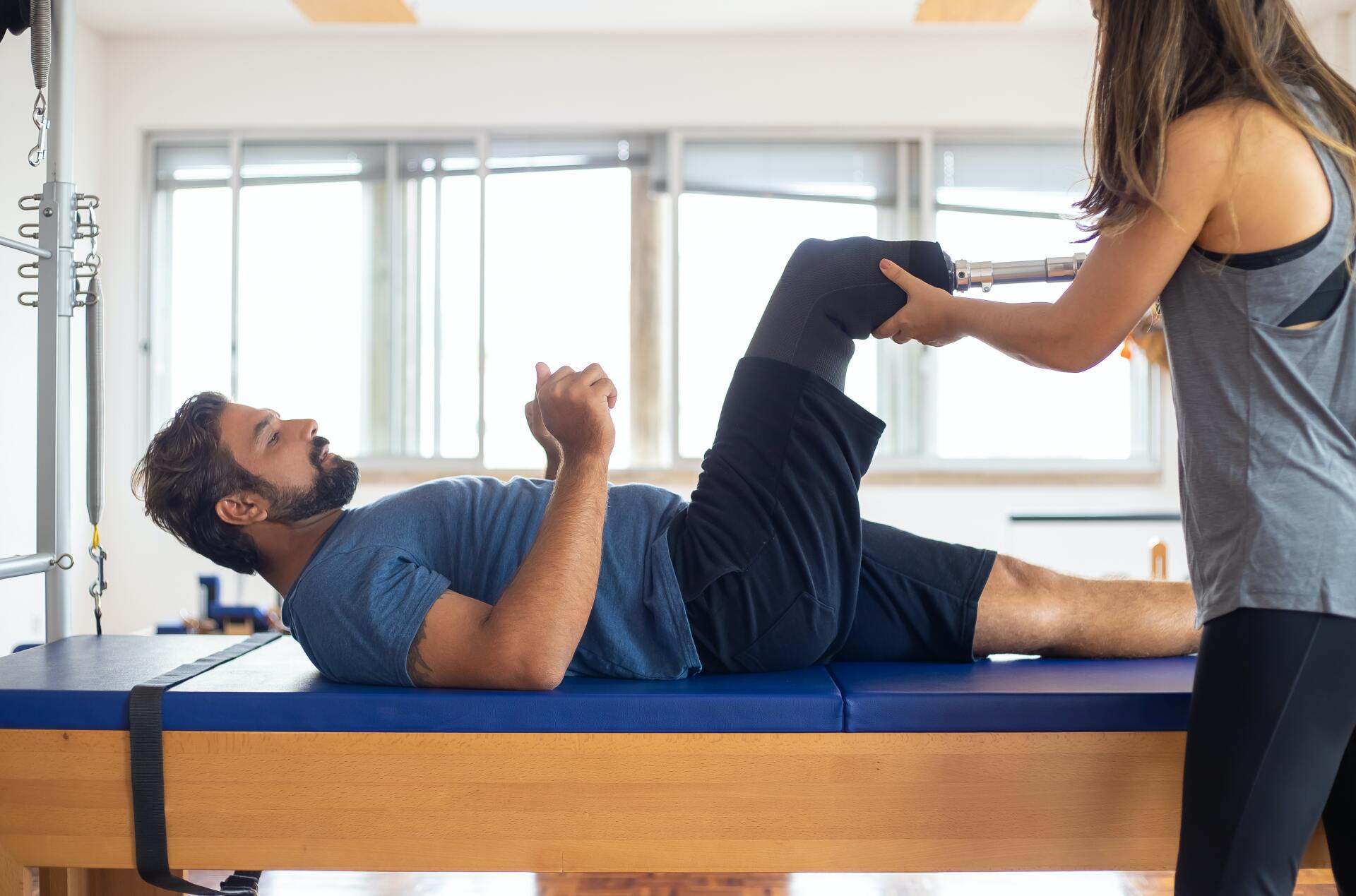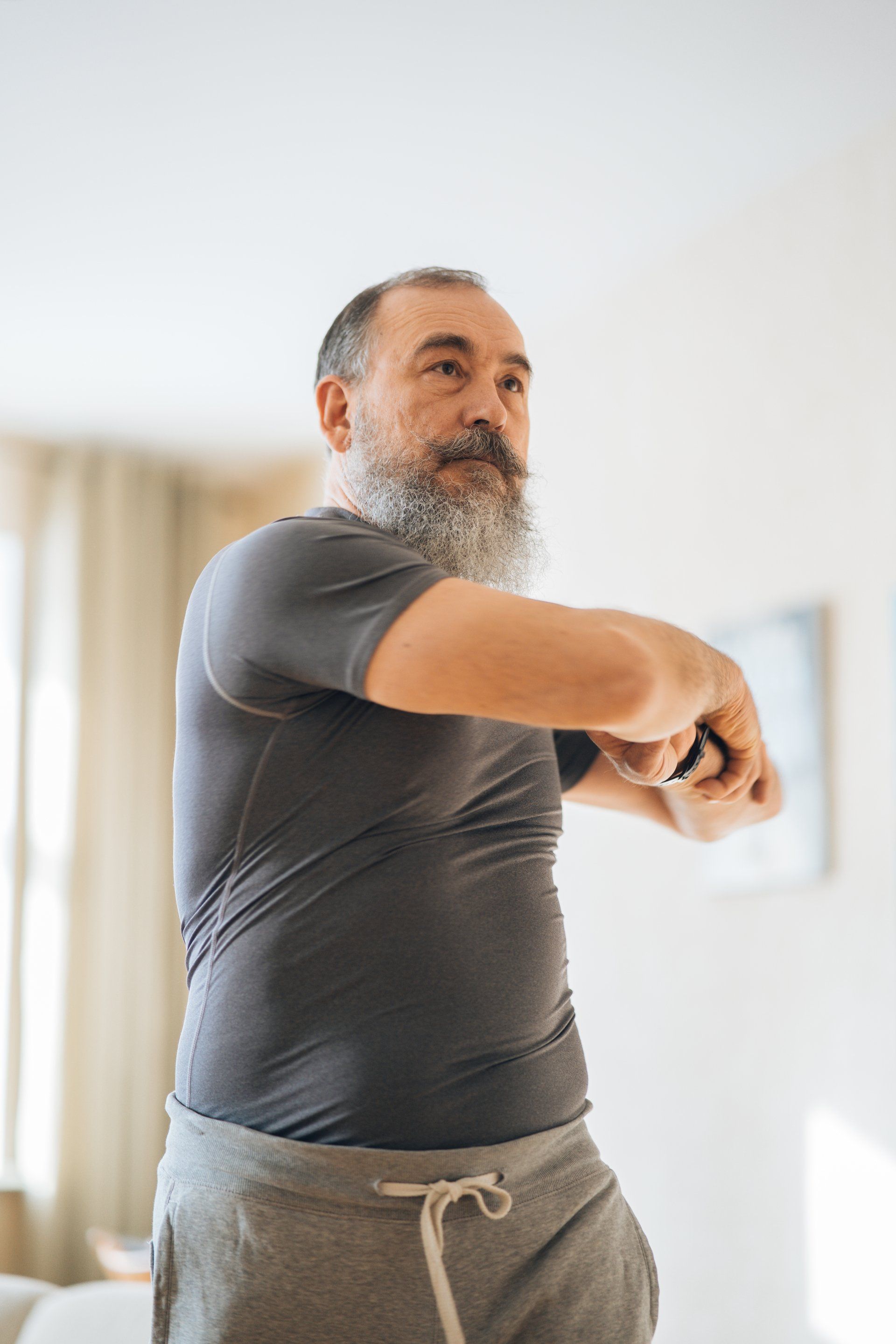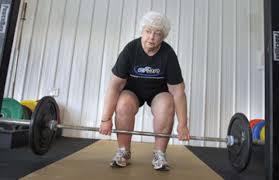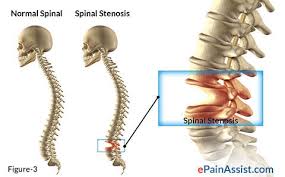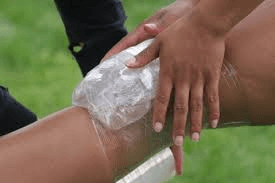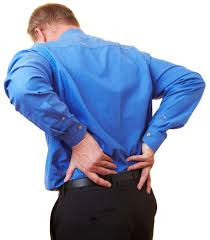Blog Layout
QUICK EASY TEST FOR STROKE RISK AND BRAIN HEALTH
Website Team • Mar 13, 2020
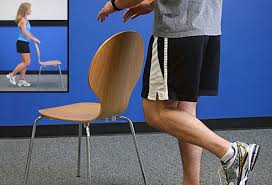
Can You Balance on One Leg for at Least 20 Seconds?
Struggling to balance on one leg for 20 seconds or longer was linked to an increased risk for small blood vessel damage in the brain and reduced cognitive function in otherwise healthy people with no clinical symptoms, according to new research.
The findings were published Dec. 18 in the American Heart Association's journal Stroke.
"Our study found that the ability to balance on one leg is an important test for brain health," lead study author Yasuharu Tabara, PhD, associate professor at the Center for Genomic Medicine at Kyoto University Graduate School of Medicine in Kyoto, Japan, said in a news release. "Individuals showing poor balance on one leg should receive increased attention, as this may indicate an increased risk for brain disease and cognitive decline."
The study consisted of 841 women and 546 men, average age of 67. To measure one-leg standing time, participants stood with their eyes open and raised one leg. The maximum time for keeping the leg raised was 60 seconds. Participants performed this examination twice, and the better of the two times was used in the study analysis. Cerebral small vessel disease was evaluated using brain magnetic resonance imaging.
Researchers found the inability to balance on one leg for longer than 20 seconds was associated with cerebral small vessel disease, namely small infarctions without symptoms such as lacunar infarction and microbleeds. They noted that:
* 34.5% of those with more than two lacunar infarction lesions had trouble balancing.
* 16% of those with one lacunar infarction lesion had trouble balancing.
* 30% of those with more than two microbleed lesions had trouble balancing.
* 15.3% of those with one microbleed lesion had trouble balancing.
Overall, those with cerebral diseases were older, had high blood pressure and had thicker carotid arteries than those who did not have cerebral small vessel disease. However, after adjustment for these covariates, people with more microbleeds and lacunar infarctions in the brain had shorter one-legged standing times. Short one-legged standing times also were linked independently with lower cognitive scores.
Although previous studies have examined the connection between gait and physical abilities and the risk of stroke, this is among the first study to closely examine how long a person can stand on one leg as an indication of their overall brain health, according to the release.
"One-leg standing time is a simple measure of postural instability and might be a consequence of the presence of brain abnormalities," Tabara said in the release.
Small vessel disease occurs because of microangiopathy of arterioles in the brain, making these arteries less flexible, which can interfere with blood flow. Small vessel disease typically increases with age. Loss of motor coordination, including balance, and cognitive impairment has been suggested to represent subclinical brain damage. Tabara and colleagues also found a strong link between struggling to stand on one leg and increased age, with marked shorter one-leg standing time in patients ages 60 and older.
Although the study did not assess participants' histories of falling or physical fitness issues, such as how fast they could walk or any gait abnormalities, the one-leg standing test is an easy way to determine whether patients have early signs of being at risk for a stroke and cognitive impairment and whether they need additional evaluation, Tabara said in the release.
Physical Therapy Lancaster, PA
Physical Therapy Hershey, PA
Physical Therapy Lemoyne, PA
Request An Appointment
Request appointment form
Thank you for contacting us.
We will get back to you as soon as possible.
We will get back to you as soon as possible.
Oops, there was an error sending your message.
Please try again later.
Please try again later.
Locations
1905 Olde Homestead Lane
Suite 101 | Lancaster PA 17601
717-945-6938
Fax: 717-945-7502
1128 Cocoa Avene
Hershey PA 17033
717-533-7000
Fax: 717-533-7005
© 2024
Hershey Orthopedic and Spine Rehabilitation
